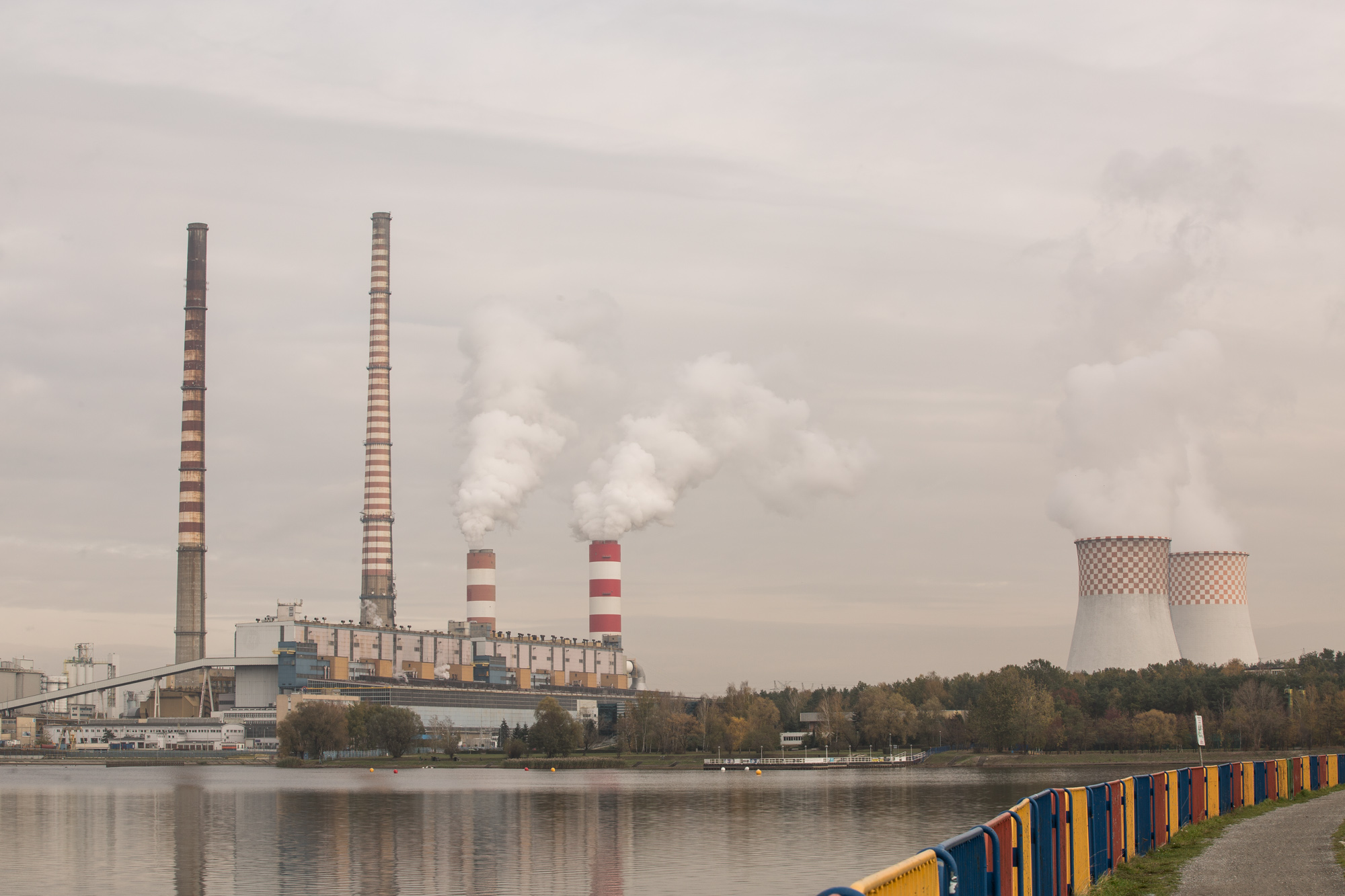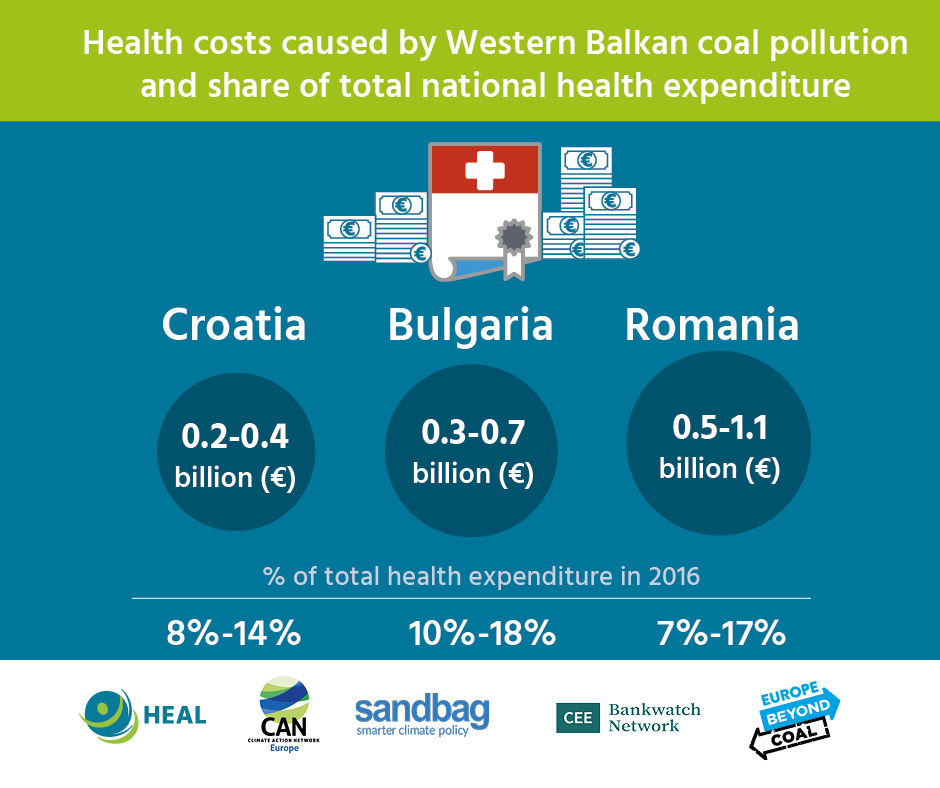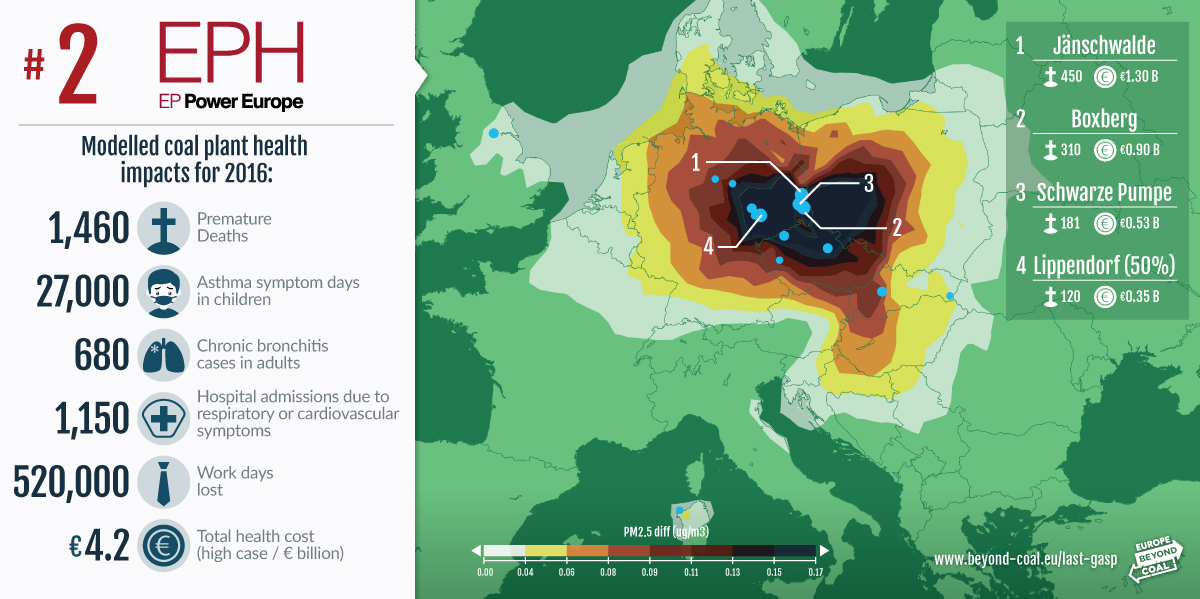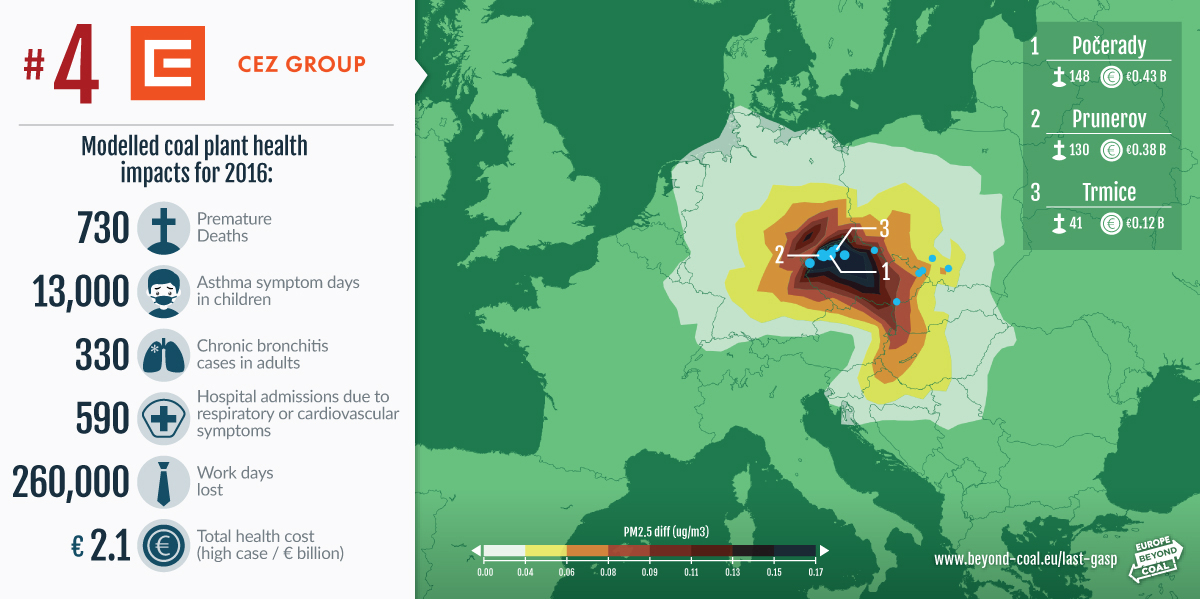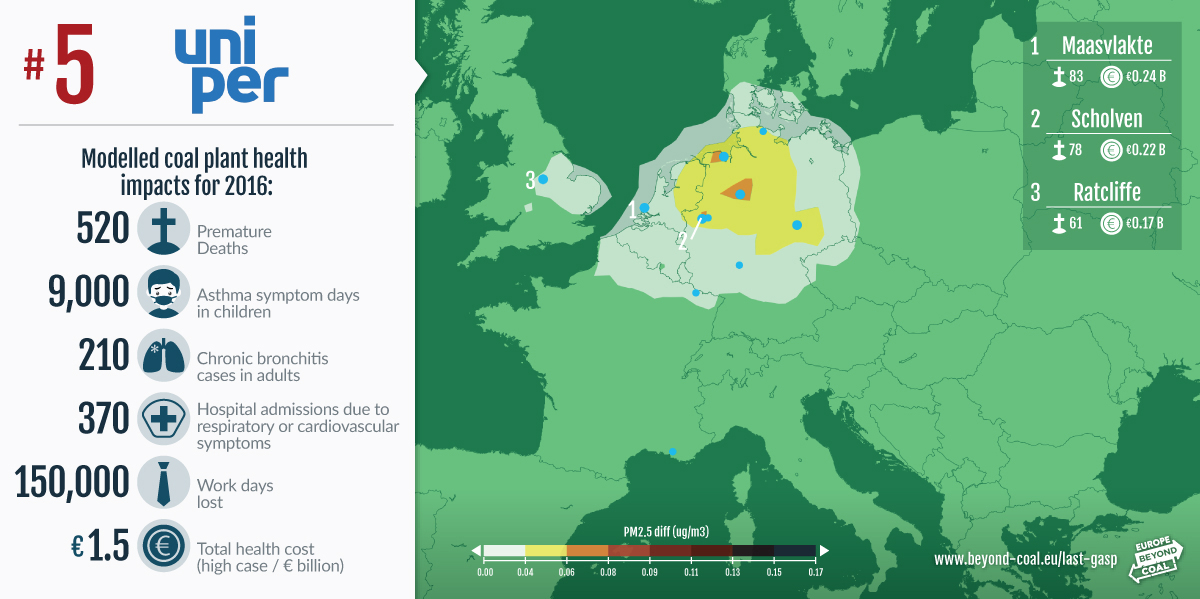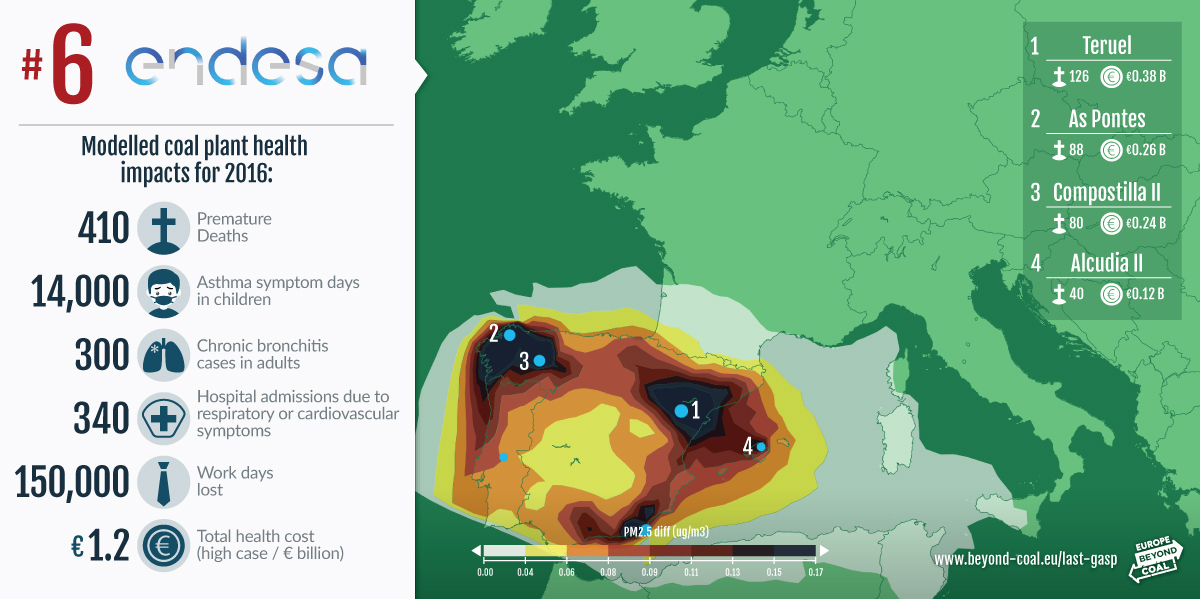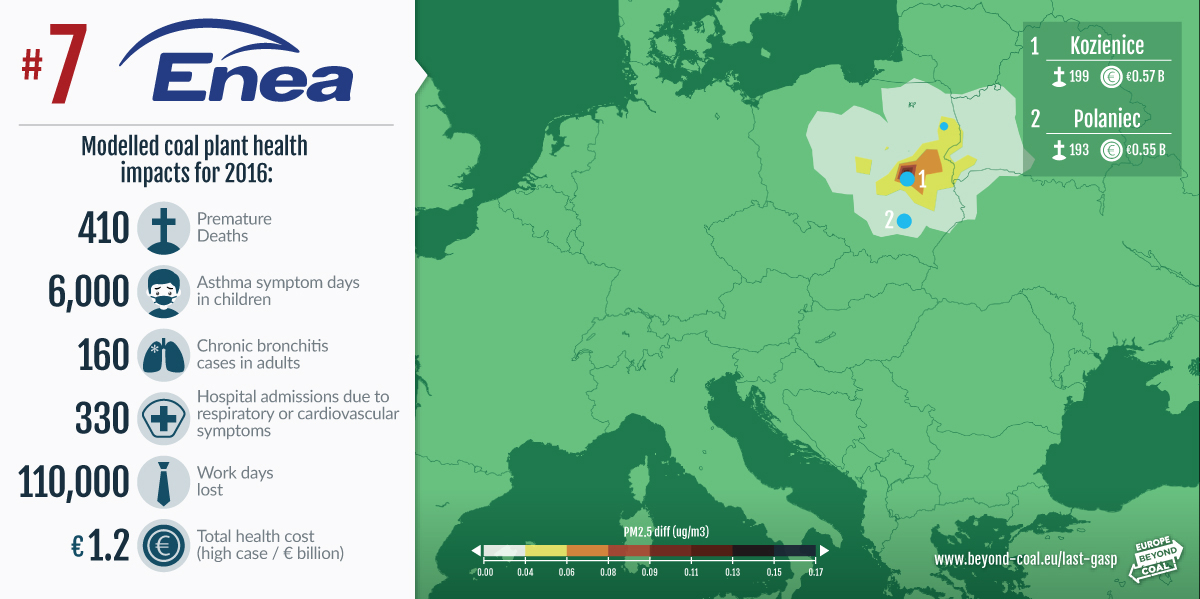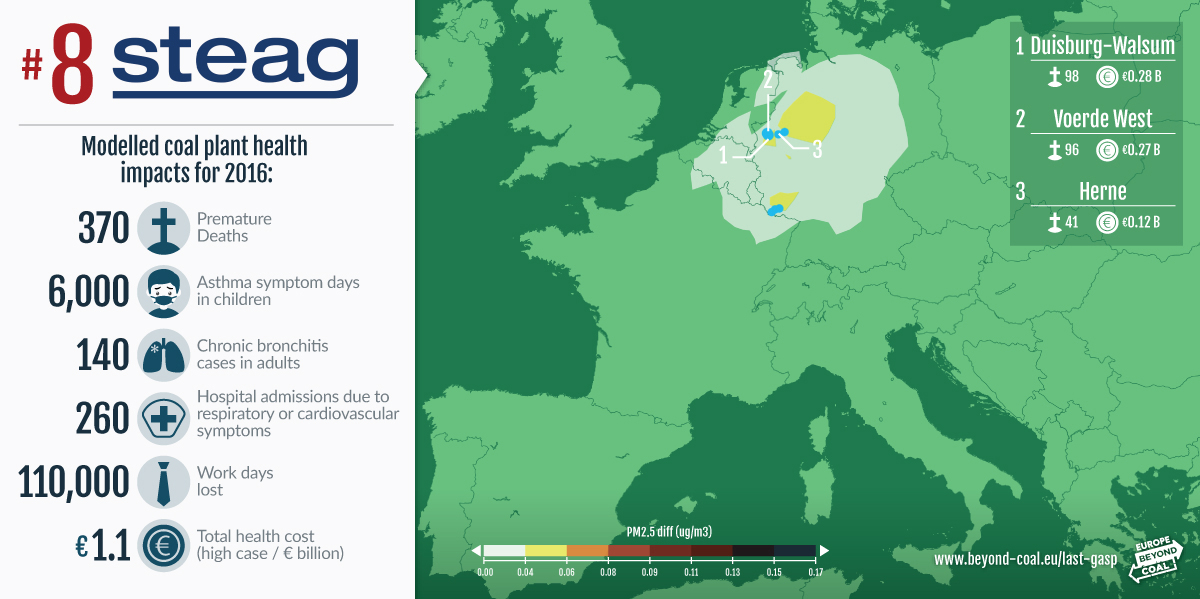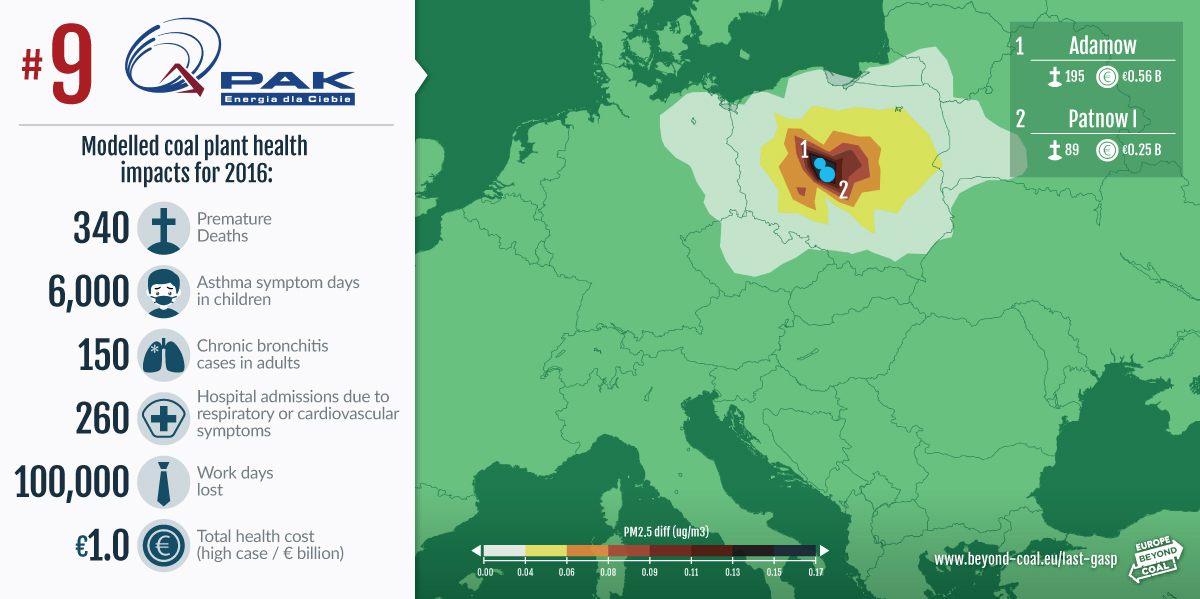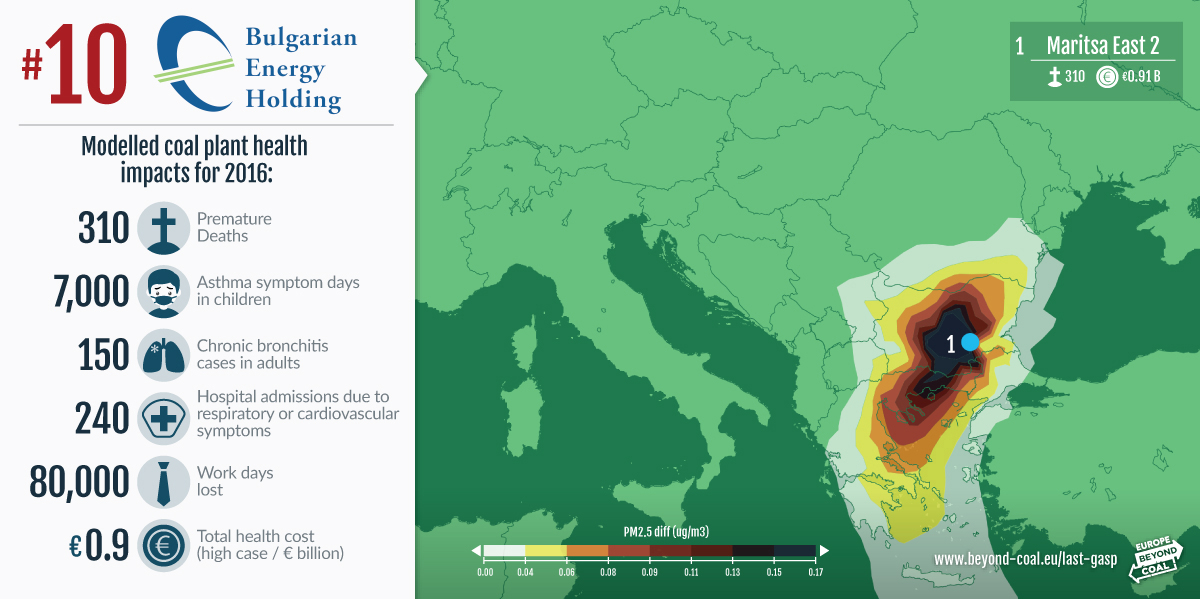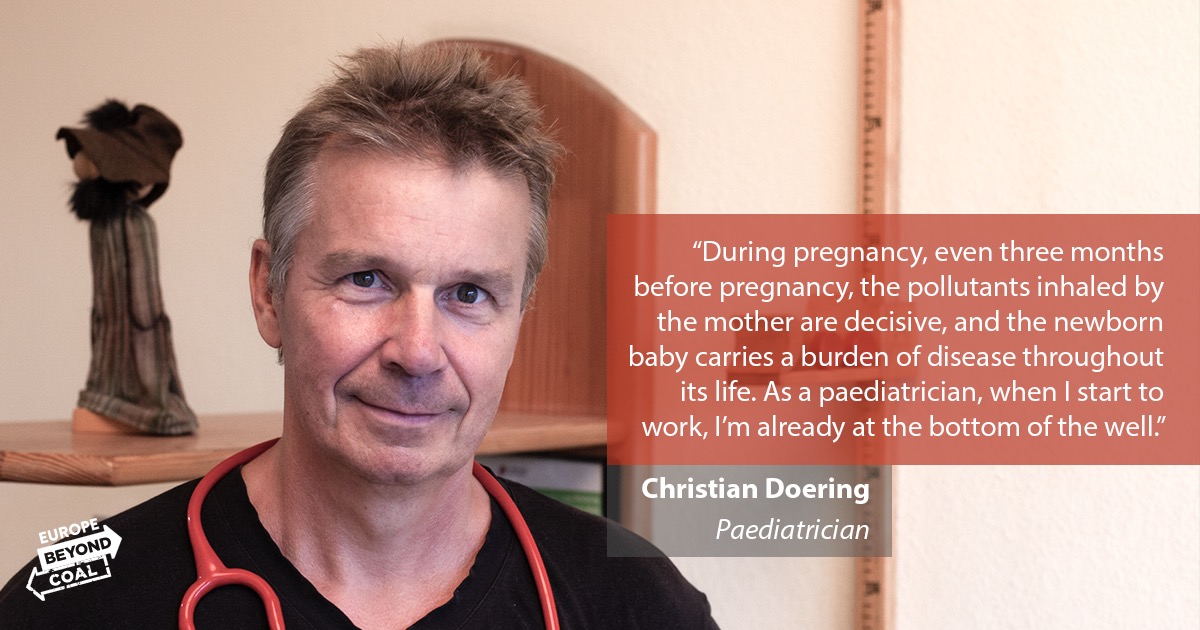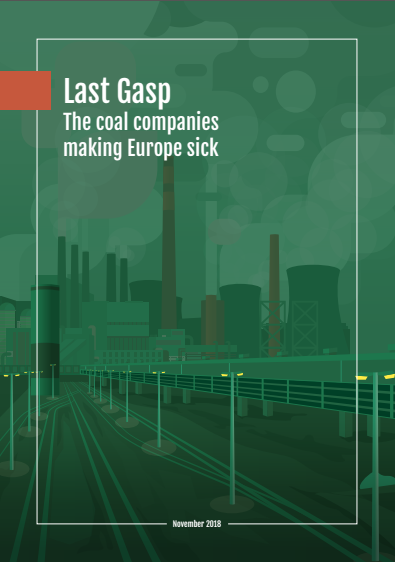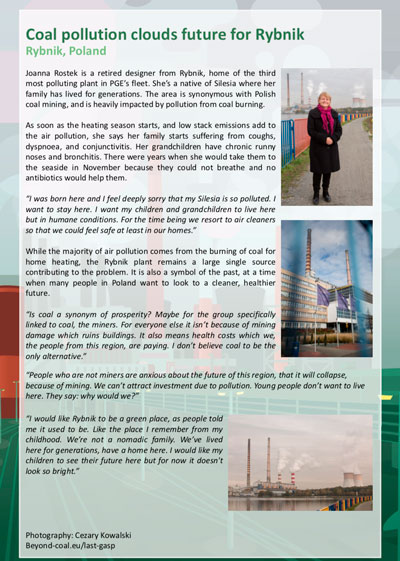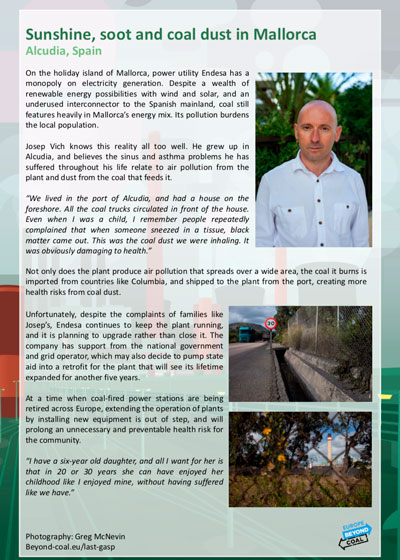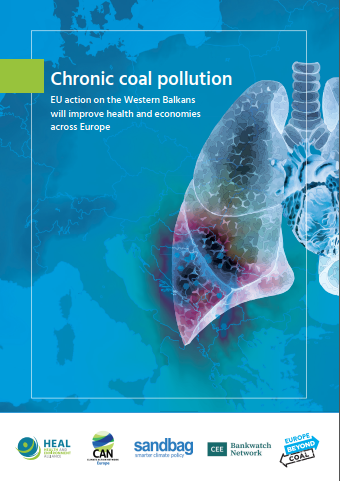Using the most recent, officially reported coal power plant pollution data from 2016, this report applies state-of-the-art atmospheric modelling and methodologies to estimate the impact of these coal power plants on human health.
This report finds that just ten companies were responsible for an estimated two-thirds of the health damage caused by coal power plants in 2016. These companies caused a modelled 7,600 premature deaths, 3,320 new cases of chronic bronchitis and 137,000 asthma symptom days in children. This leads to an estimated 5,820 hospital admissions and over two million lost working days.
Four of the ten most toxic companies have their main coal plants in Germany: RWE, EPH, Uniper and Steag. This is no coincidence: Germany burns more coal than any other country in Europe, and has done little to reduce air pollution from its coal plants in the last decade. Three of the ‘toxic ten’ are in Poland: PGE, ENEA and ZE PAK. The final three are: ČEZ in the Czech Republic, Endesa in Spain, and Bulgarian Energy Holding in Bulgaria.
Coal-fired electricity in Europe is in terminal decline. Wind and solar are taking over and making coal plants redundant, but the speed of change remains important. Many companies still have no plans to retire their coal plants. Those coal companies bear a significant responsibility for the health impact they have caused and are causing; decision makers have a duty to hold them accountable on behalf of their citizens. Committing to an ambitious and just transition away from coal by 2030 or earlier is the only way these companies and governments can begin to address the consequences of operating coal power plants.

